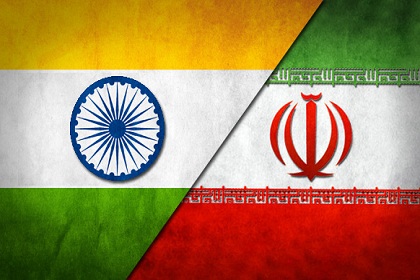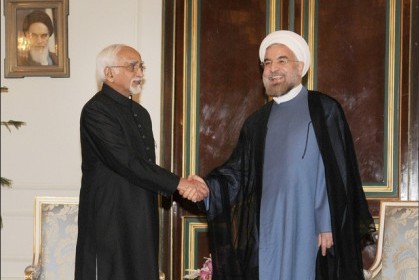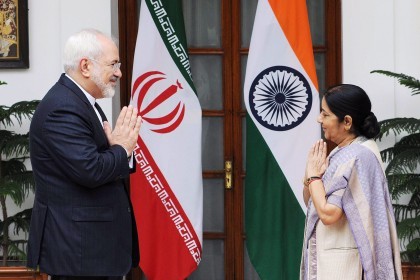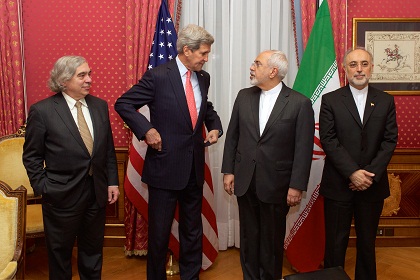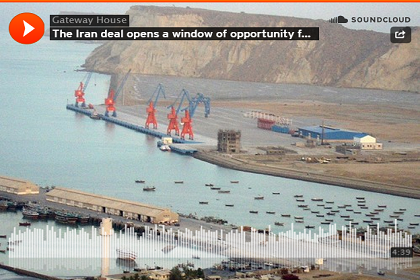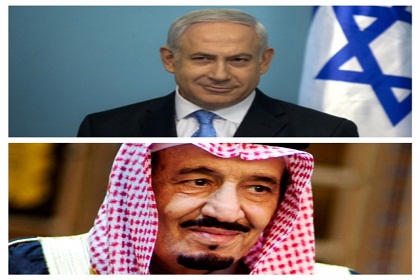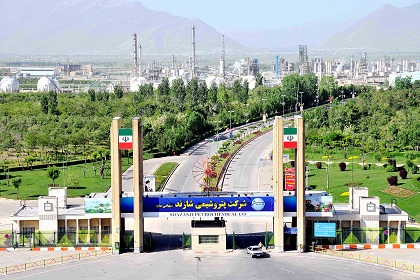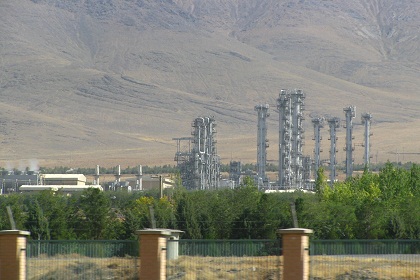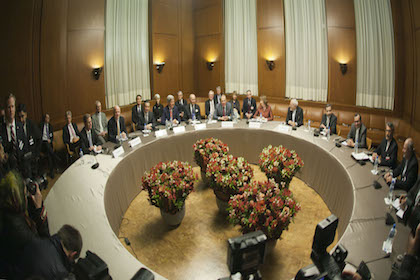India’s Iran opportunity
Iran has emerged on to the world stage after 36 years of isolation. India must double up its diplomacy and commercial engagement with Iran, and move boldly beyond the curtain of ‘civilisational’ ties. Time to put that natural advantage to good commercial use through a vigorous private sector engagement with Tehran.

